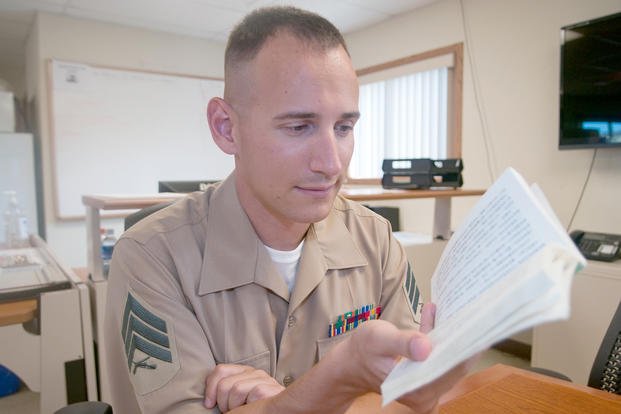A cryptologic linguist is primarily responsible for identifying foreign communications using signals equipment. Their role is crucial as the nation's defense depends largely on information that comes from foreign languages.
Job Duties
- Identify and analyze foreign communications
- Recognize changes in transmission modes and tip the appropriate authority
- Provide translation expertise to analysts
- Provide transcriptions and translations from foreign communications
Requirements
Those who want to serve must first take the Armed Services Vocational Aptitude Battery (ASVAB), a series of tests that helps you better understand your strengths and identify which Army jobs are best for you.
Training
Job training for a cryptologic analyst requires 10 weeks of basic combat training and three to 52 weeks of advanced individual training with on-the-job instruction. Part of this time is spent in the classroom and in the field.
Soldiers who aren't fluent in a foreign language will attend training at the Defense Language Institute for 6-18 months before attending advanced individual training.
Some of the skills you'll learn are:
- Identifying foreign communications from an assigned geographic area
- Analyzing foreign communications to support missions
- Procedures for handling classified information and preparing reports
Helpful Skills
- Talent for foreign languages
- Interest in speech, communications and foreign languages
- Good at working with people as a member of a team
- Enjoy reading and writing
Required ASVAB Score(s)
Skilled technical (ST) : 91 -- Learn more about the ASVAB
Compensation
Total compensation includes housing, medical, food, special pay and vacation time. Learn more about total compensation.
Education Benefits
In the Army, qualified students can earn full-tuition, merit-based scholarships, allowances for books and fees, plus an annual stipend for living expenses. Learn more about education benefits
Future Civilian Careers
The skills you learn will help prepare you for a career as a translator for government agencies, embassies, universities and companies that conduct business overseas
Next Step
If you are interested in serving your country and learning skills that will help secure our nation and your future, contact an Army recruiter to learn more.
Interested in Joining the Military?
We can put you in touch with recruiters from the different military branches. Learn about the benefits of serving your country, paying for school, military career paths, and more: sign up now and hear from a recruiter near you.















